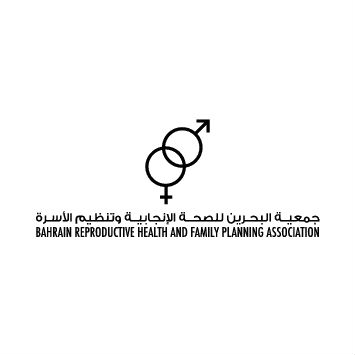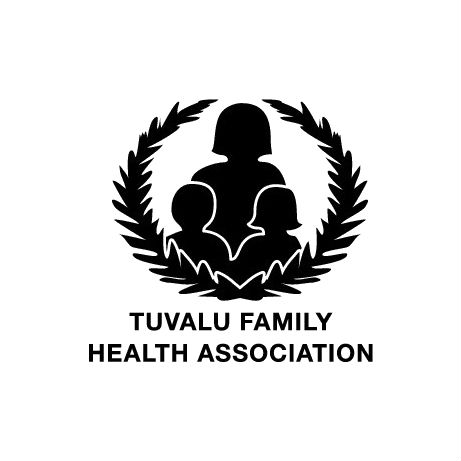

| 31 March 2016
Bahrain Reproductive Health Association
The Bahrain Reproductive Health Association (BRHA) is a public association, but does not provide any clinical services. It was established on 1975, by a group of Bahraini youth to serve the Bahrain community with commitment and accountability towards national and human responsibility. Through voluntary trained and specialized personnel, SRH targets include: Increase awareness and knowledge about reproductive health and the importance of family planning as a human need for the community. Increase women's knowledge about their reproductive rights, and enable them to practice their rights and make their own decisions. Increase men's responsibility and participation in reproductive health issues. Prepare youth for parenthood responsibilities, and improve care provided to adolescents. Communicate with decision makers and community leaders to support positive attitude towards reproductive health. These are achieved by the following: Increase awareness about reproductive health among the community through seminars, lectures, leaflets and educational articles. Train volunteers to become specialists in reproductive health and family planning. Provide reproductive health counselling through the counselling centre in the association. Increase cooperation and coordination with governmental authorities, associations, social clubs and different media facilities to promote reproductive health. Increase cooperation and coordination with all agents concerned in combating and preventing HIV.

| 31 March 2016
Tuvalu Family Health Association
As the Pacific Island’s leading non-governmental organization (NGO) promoting and providing sexual and reproductive health (SRH) services, the Tuvalu Family Health Association (TuFHA) serves a population of 10,000 through one permanent clinic and five community-based distributors/community-based services (CBDs/CBSs). Central to the organisation’s work is the dissemination of SRH information to specific vulnerable and underserved communities including people living with disabilities in the child bearing age group, maritime workers and people in the Correctional Facilities. In addition, the associations have a strong network with faith based organization and the government agency.







